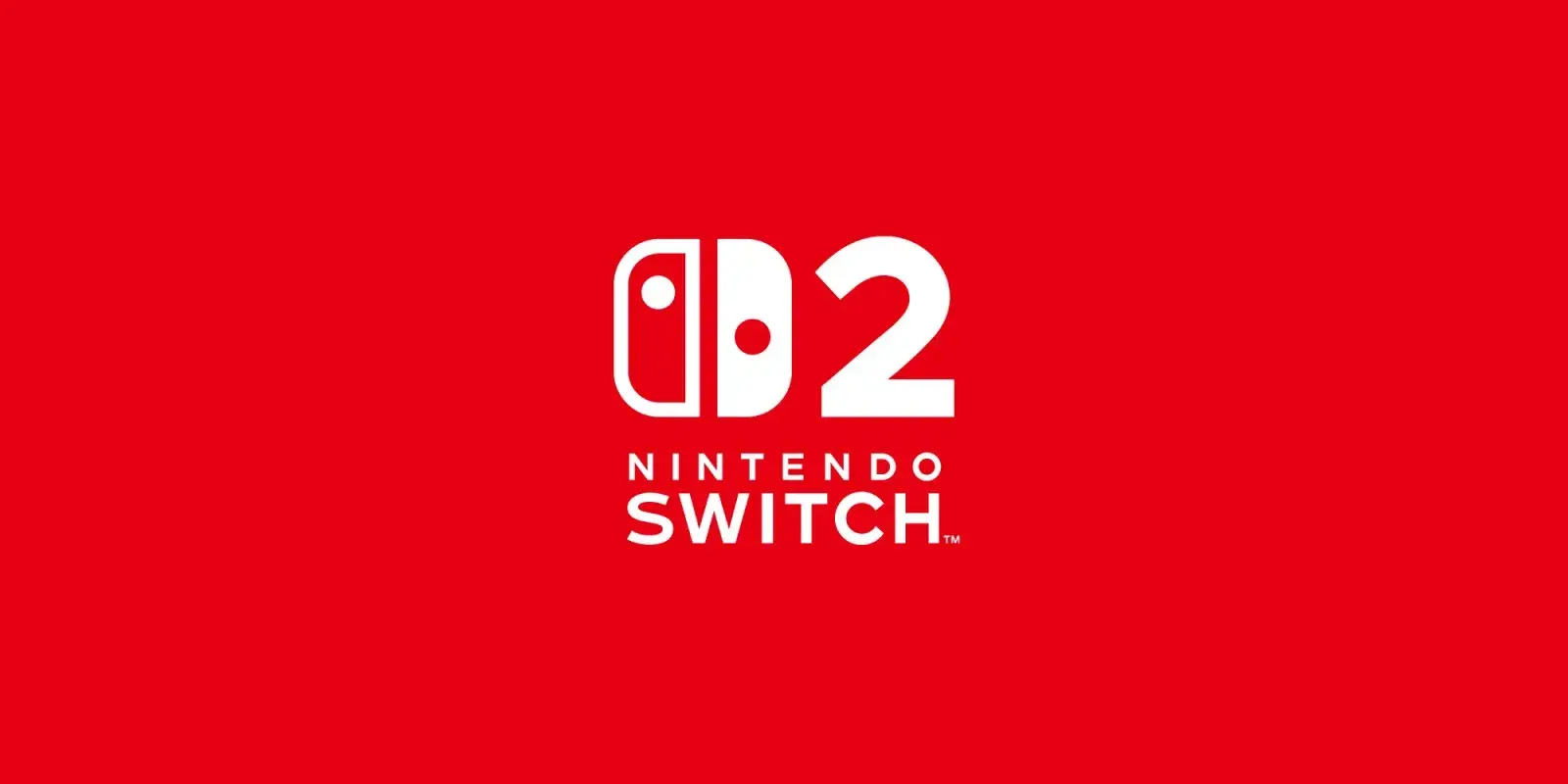The Nintendo Switch 2 isn’t just a refresh—it’s Nintendo’s most polarizing console since the Wii U. Priced at $450 (50% higher than the original Switch’s launch tag), this hybrid handheld-TV hybrid packs cutting-edge specs like 4K HDR output and a 120Hz LCD screen, but faces fierce backlash over its Game Key Card system and skyrocketing game prices. As launch day looms, fans and critics alike are asking: does this gamble justify ditching your trusty Switch 1?
Hardware Upgrades: Power Meets Practicality
Screen & Performance Leap
The Switch 2’s 7.9-inch LCD screen delivers 1080p resolution in handheld mode—a sharp jump from the Switch 1’s 720p display—and supports HDR10 and VRR up to 120Hz for buttery-smooth gameplay. Dock it, and games like Mario Kart World hit 4K/60fps or 1440p/120fps, leveraging NVIDIA’s custom Tegra T239 chip with 12GB LPDDR5X RAM and Ampere GPU architecture. Early benchmarks suggest it outperforms the PS4’s GPU by 200% while matching Apple’s A12 Bionic CPU, making Cyberpunk 2077 playable at 40fps with DLSS.
But here’s the rub: that glossy 7.9-inch LCD replaces the Switch OLED’s vibrant panel. Nintendo claims advancements in LCD tech (like HDR support) justified the swap, but Reddit threads already buzz with complaints about “downgraded vibrancy”.
Design Tweaks & Storage
The console itself is bulkier (401g vs. Switch 1’s 297g) with magnetic Joy-Con 2 controllers that ditch the iconic snap for a sleeker click. Storage jumps to 256GB UFS 3.1—finally letting you install more than three AAA games without a microSD card.
The Price Predicament: $450 Console, $80 Games
Nintendo’s pricing strategy has fans reeling. The Switch 2 costs $150 more than the Switch OLED, while first-party titles like Mario Kart World hit $80—$10 above the industry’s controversial $70 standard. Even accessories saw hikes: Joy-Con 2 pairs now cost $95, and the Pro Controller $85
Critics argue this undermines Nintendo’s family-friendly appeal. “My kid’s college fund is now a Mario Kart fund,” joked one Redditor. Meanwhile, analysts note the price aligns with inflation-adjusted NES/SNES launches, but that’s cold comfort for budget-conscious gamers.
Game Key Cards: Physical Media’s Slow Death
The Game Key Card controversy has become the Switch 2’s biggest lightning rod. These physical cards—used for titles like Street Fighter 6 and Bravely Default—contain download codes instead of full games, forcing players to eat into the Switch 2’s 256GB storage.
Why Gamers Are Furious
- Preservation Nightmare: “In 20 years, these keys will be coasters,” warned Nightdive Studios CEO Stephen Kick
- Third-Party Greed: Despite 64GB cartridges existing, publishers like Square Enix opt for Key Cards to avoid production costs
- Collector Betrayal: “I canceled my pre-orders once I saw the Key Card label,” admitted a Redditor, emailing devs in protest.
Nintendo insists Key Cards are optional and clearly labeled, but the damage is done. Even Reggie Fils-Aimé subtly roasted the move, calling it “a mixed message for Nintendo’s identity”.
Backward Compatibility & Upgrades: A Silver Lining?
Not all news is grim. The Switch 2 plays most Switch 1 cartridges and offers free performance patches for gems like Super Mario Odyssey (HDR support) and Pokémon Scarlet/Violet (stable 60fps). Nintendo Switch Online subscribers even get GameCube classics like F-Zero GX.
For $10-$20, “Switch 2 Edition” upgrades enhance cross-gen titles:
- The Legend of Zelda: Tears of the Kingdom: 4K textures, reduced pop-in
- Metroid Prime 4: Beyond: Ray tracing, 120fps mode
Worthy Successor or Safe Bet?
The Switch 2 delivers undeniable tech leaps—4K gaming, DLSS, and console-quality ports—but struggles to justify its premium price amid Game Key Card fatigue and rising software costs. For hardcore fans craving Cyberpunk and similar titles on the go, it’s a revelation. For casual players? The $300 Switch OLED remains a steal.
As one YouTube comment put it: “Nintendo’s betting we’ll pay more for less actual innovation. I’m… not sure they’re wrong”. Whether that bet pays off depends on how long gamers tolerate half-steps in an era of Steam Decks and Playstation portables.
